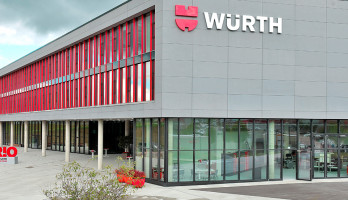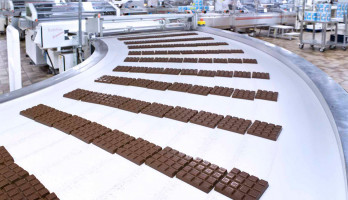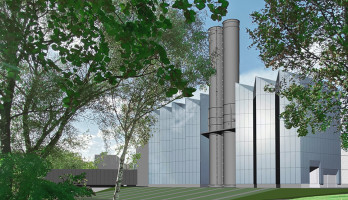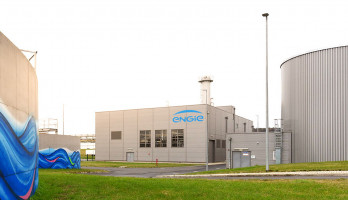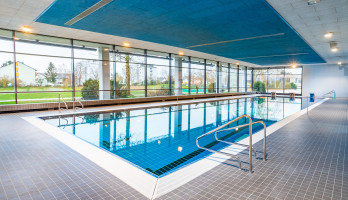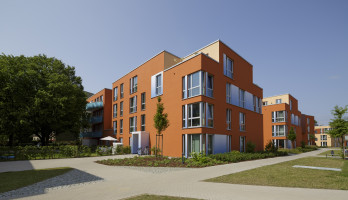Energy saving contracting for the ISWA and LFKW of the University of Stuttgart
The Institute for Urban Water Supply & Sanitation, Water Quality and Waste Management and the treatment plant for research and education save energy with ENGIE Deutschland
The ISWA is an institution of the University of Stuttgart, which deals with research and teaching as well as the support of federal and state authorities, municipalities and industry in solving practical problems. In the early 1950s, the term "environmental protection" was already given top priority in this institute. Today, its tasks include, for example, field investigations of existing plants or test facilities and the collection of basic data for the design and planning of plants. The Büsnau treatment plant for research and education (LFKW) is also part of the ISWA. With a total of 150 employees, the ISWA is one of the largest institutes of its kind in Europe.
In October 2011, the University of Stuttgart commissioned ENGIE Deutschland with renovation measures in the two building complexes ISWA and LFKW. The costs for the conversions of around 500,000 € were prefinanced at full cost by us. In the subsequent contract period of about seven years, the plants were maintained and the energy consumption was monitored. The annual savings of approximately €110,000 achieved during this period are used to refinance the investment costs for the conversions.
Customer benefits
Our services
In order to achieve the targets set, completely new supply and exhaust air systems were installed at ISWA for the laboratories, including ancillary rooms and changing rooms. Furthermore, a heat recovery system was installed, the control technology was renewed, and all systems were connected to the control center of the University of Stuttgart. In addition to new, efficient system technology, the evening lowering of the digesters to idle mode also contributes to the savings. If, exceptionally, work is extended, users can switch from idle to daytime mode at any time via pushbuttons.
In the LFKW, the heating pumps were replaced with high-efficiency pumps to optimize the heating system, all heat consumers with a year-round demand were combined in one heating line (digestion tower, water heating, thermoconstant rooms), and the heating and boiler control systems were renewed. The test hall was equipped with new heating and ventilation cabinets. In the energy building of the LFKW, water heating was changed from central to decentralized, and the circulation lines were partially dismantled. The plant building received a new hot water storage tank.
The reduction in energy costs in the ISWA is about 67 % for natural gas and about 18 % for electricity. In the LFKW, gas costs have been reduced by about 38 %.
